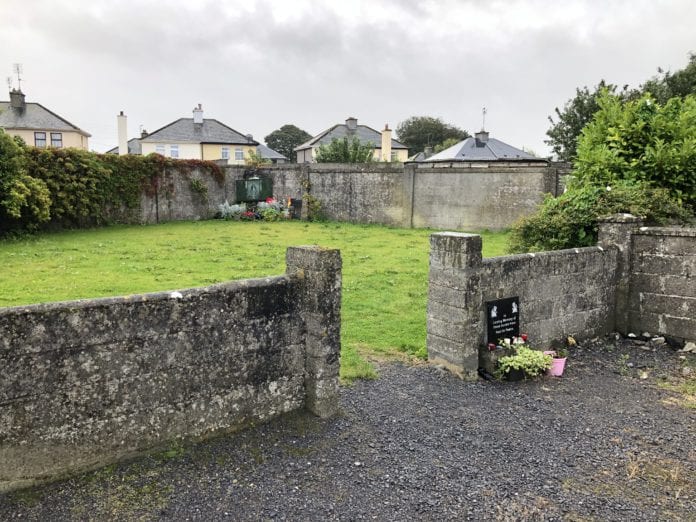The government has today announced compensation plans for tens of thousands of survivors of Mother and Baby Homes.
The Mother and Baby Institutions Payment Scheme was announced by Minister Roderic O’Gorman today in the Action Plan for survivors of Mother and Baby Homes.
The Tuam Home in Galway has been at the centre of the outcry surrounding the terrible suffering and death endured by women and children at these homes.
In total 978 children died at the Tuam Home between 1921 and 1961, more than 10% of the total in all the Mother and Baby Homes investigated.
It’s estimated that roughly 34,000 people will be eligible for compensation under the scheme announced today, at a projected cost of €800 million.
The scheme will open for applications in late 2022 after legislation has been passed enabling it.
All mothers who stayed at one of these institutions will be eligible for the scheme, with the level of payment increasing by the amount of time they spent there.
Children who were in a Mother and Baby Home for six months of more, and who did not receive anything under the Residential Institutions Redress Scheme (RIRS) will also be eligible for payments, which will similarly go up based on the length of their stay.
The final two elements of compensation are work-related payments for women who were in certain homes for more than three months, and did commercial work there.
An enhanced medical card will be available to everybody who was resident in a Mother and Baby or County Home Institution for six months or more.
The enhanced medical card is expected to be open to approximately 19,000 people.
Mother and Baby Homes survivors
Minister O’Gorman published An Action Plan for Survivors and Former Residents of Mother and Baby and County Home Institutions today, which contains details of the redress scheme, to support commitments made by the government last January.
The legislation required to establish the Scheme will be developed by the Department of Children, Equality, Disability, Integration and Youth.
Minister of O’Gorman said that the proposed scheme “extends well beyond” the recommendations of the Commission of Investigation.
“It represents a significant milestone in the State’s acknowledgment of its past failures and of the needless suffering experienced by so many of its citizens.”
“I want to thank the survivors and their families who participated in the consultation process for the Scheme, both in Ireland and abroad. The depth of feeling shone through and is reflected in the proposals published today.”
He added that redress can mean different things for different people, whether it is an apology and memorialisation, access to records, or other supports.
“We are progressing legislation to enable access to birth certificates and early life information, and to allow for interventions at the site in Tuam.”
Proof of residency is the sole qualification of the redress scheme. There is no requirement to prove abuse, or sow medical records.
Though the government has said that in certain limited circumstances, sworn affidavits may be required.
Those survivors and former residents now living overseas will qualify for a payment on the same terms as individuals living in Ireland, and will have the choice to receive an enhanced medical card or a once-off payment in lieu of the card as a contribution towards their individual health needs.














